Tech disrupter offers low-cost missiles to ADF
The US tech company developing Australia’s Ghost Shark underwater drone is pitching new missiles that cost less than half the price of those produced by big arms manufacturers.
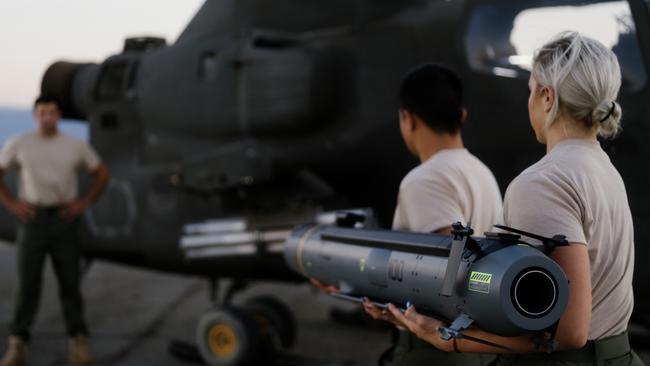
The US tech company developing Australia’s Ghost Shark underwater drone is pitching new cruise missiles for inclusion in the government’s $21bn guided weapons program that cost less than half the price of those produced by big arms manufacturers.
Anduril co-founder Brian Schimpf said the company’s Barracuda family of missiles were designed to be produced quickly and in large numbers, with common internal components and superior rocket motor technology.
Declaring the weapons industry was ripe for disruption, he said the Barracuda 100, 250 and 500 missiles cost “less than half, but probably a quarter of the price” of those currently produced for the US and its allies.
“The idea here is not just that they’re low cost, but also that they’re scalable for manufacturing,” Mr Schimpf told The Australian.
“The fuselage is something that you can hot press in the way that you make acrylic bathtubs and things like that. The fuel tank is incredibly cheap and easy to make.
“And across this family, we’ve invested in a consistent set of avionics, actuator, sensor systems, and communication systems, making it very, very easy to build out that supply base and be able to ramp these up very, very quickly.”
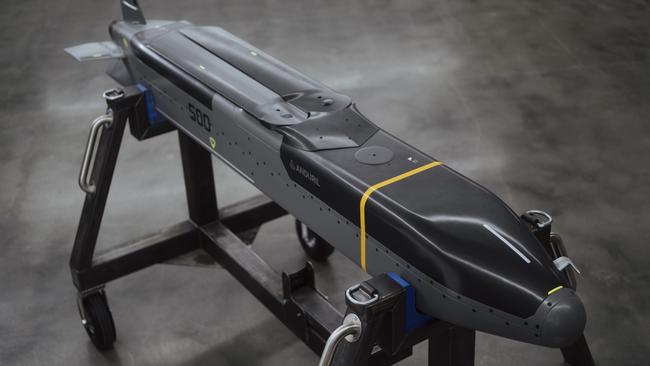
The company has formally expressed its interest in participating in the government’s guided weapons and explosive ordnance program, including a recently-announced plan to develop a solid-fuel rocket motor production facility.
Mr Schimpf, who addressed a defence technology conference in Canberra this week, said Anduril was shaking up the arms sector with a “software first” approach, recognising autonomy and large-scale data processing were key to next-generation weapons systems.
Anduril Australia chief executive David Goodrich said the company’s rocket motor technology and production systems were “so far advanced” of those used by its rivals that it was “perfectly suited” to join the Australian program.
The air-breathing missiles will fly at speeds of more than 500 knots, with the largest able to travel more than 500 nautical miles and loiter for more than two hours.
The company’s pitch follows the Albanese government’s move last month to name Norway’s Kongsberg as a strategic partner in the guided weapons enterprise, joining US defence giants Lockheed Martin and Raytheon.
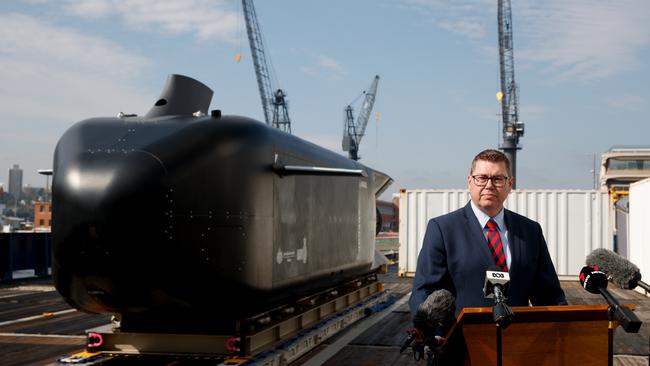
Anduril – founded in 2017 by tech industry figures including entrepreneur Palmer Luckey – has spurned the cost-plus contracts used by traditional defence companies, investing its own money to co-develop capabilities with buyers.
The business model is already paying dividends, with the company tapped earlier this year as one of two firms that will design more than 1000 autonomous aircraft for the US Air Force.
In Australia, Anduril’s Ghost Shark autonomous submarine is on budget and running a full year ahead of schedule, which is unheard of for a major weapons program.
Mr Goodrich said the $180m program, the cost of which is shared 50-50 between the company and Australian taxpayers, was going “exceptionally well”, with a production variant of the underwater drone to be delivered to the navy by the middle of next year.
The stealthy, long-range autonomous submarine will be able to undertake a variety of roles including strike missions and intelligence, surveillance and reconnaissance operations.
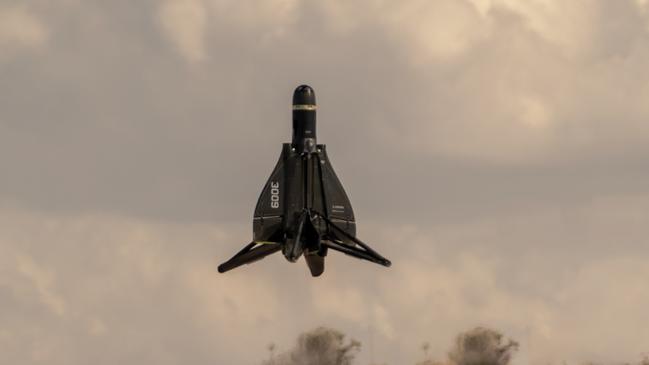
Mr Schimpf said the conflict in Ukraine had shown “mass and scale” were crucial in modern warfare, and that defence companies needed to be able to rapidly replenish troops on the ground.
“The ability for the industrial base to respond with the scale of systems necessary is critical. That industrial might is what is probably the single best deterrence that you can have to show,” he said.
Mr Schimpf said established defence companies found it difficult to strip away their “gold-plated processes” when they were incentivised to keep doing what they were doing with lucrative government contracts.
“They have a pedigree of working on these very exquisite, high cost systems, and that is the very pervasive part of their DNA,” he said.
“Those tend to be slower, more methodical programs, whereas we’re focused on more of the autonomous and uncrewed capabilities that allow you a lot more space to actually think about doing things cheaper, and doing things over a much faster timeline.”


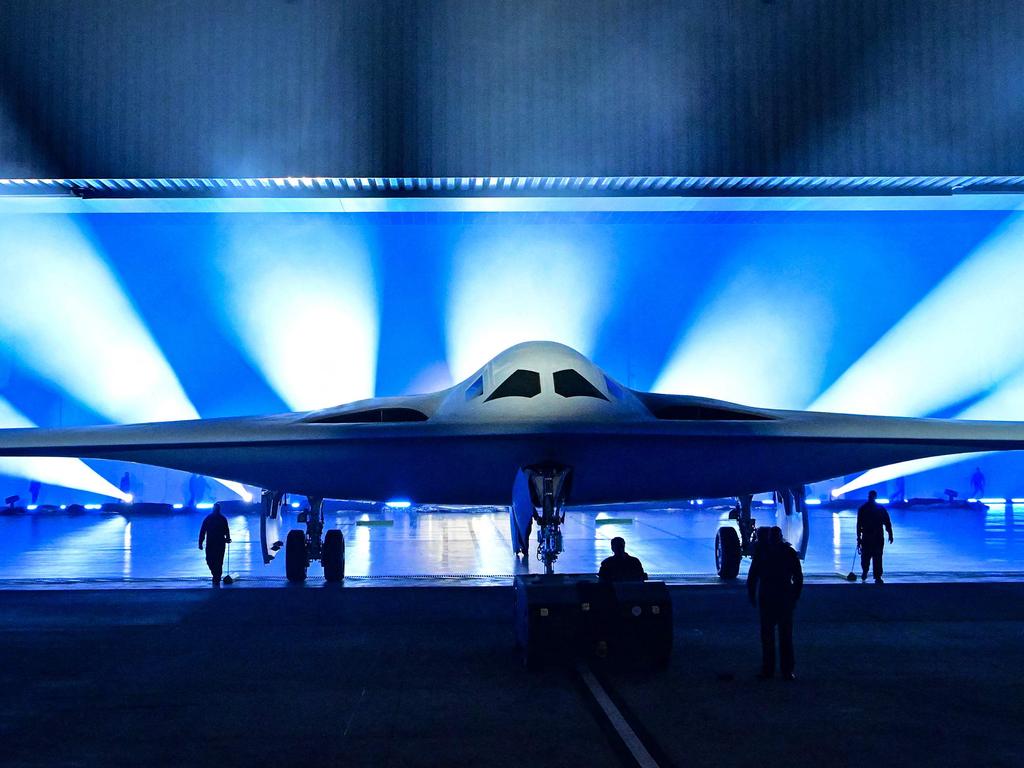



To join the conversation, please log in. Don't have an account? Register
Join the conversation, you are commenting as Logout